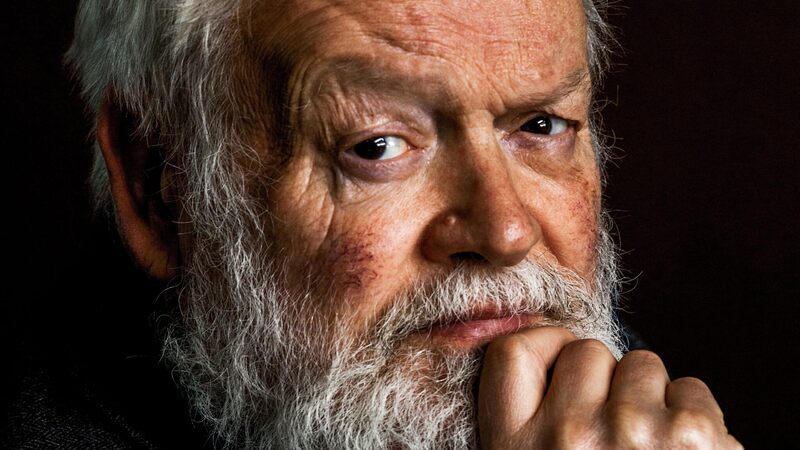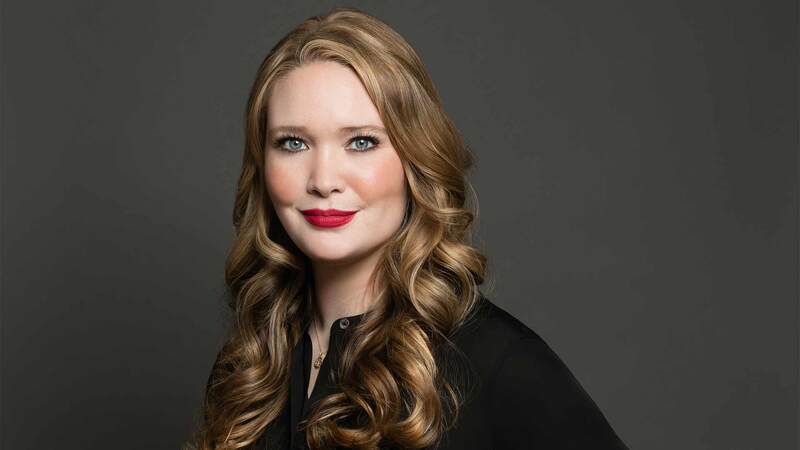Publishing bestsellers is about more than tracking trends

Before Christmas, I had the pleasure of sitting down with veteran publisher Anthony Cheetham to discuss his forthcoming publication A Life in 50 Books, within which he charts his professional journey in the trade through 50 titles that he has either read or published (see p8). Ranging from A Suitable Boy to Confessions of a Window Cleaner, to Dune, to The Girl with the Dragon Tattoo, there is little doubt that Cheetham has had a profound influence over the modern book business, both in terms of bestsellers, but also the publishers that he once had a hand in – from Century, to Orion, to Quercus, to Head of Zeus.
Cheetham was particularly interesting on trends. We tend to wrap trends around bestsellers to make sense of them, but actually when viewed over time, what many succesful books share, is not their genre, but how their virtues can be easily communicated to a wide audience.
In Cheetham’s analysis this might explain anything from A Brief History of Time (one of Cheetham’s misses), to Sophie’s Choice (a philosophy book from the early 1990s disguised as a novel), to science-fiction novel The Three-Body Problem (“Imagine we’ve been sending out these messages into the galaxy, and suddenly you get an answer,” was Cheetham’s precis).
For those toiling in the currently tricky areas of non-fiction and literary, this view may provide a few crumbs of comfort. As we know – and as measured by Nielsen BookScan – fiction notched up its biggest haul since records began, a mighty £50m greater than any previous non-pandemic year high and its best volume return since the Fifty Shades… boom of a dozen years ago, led by BookTok-friendly titles, science fiction and fantasy and, of course, Richard Osman.
Social media amplifies the already well-established impact of word of mouth, but it was not the only factor at play in 2024
There is no bit of the market that is not affected by this. In the list of the top authors published last week, we do not see a non-fiction specialist until Nathan Anthony in 13th spot and Kay and Kate Allinson in 15th. In this week’s publisher review, it is notable that Pan Macmillan is the only house out of the “Big Four” whose bestseller by value was not a novel.
This trend, of course, is part driven by social media, which amplifies the already well-established impact of word of mouth, and at this moment is very focused around a particular type of repeatable story. But this was not the only factor at play in 2024. I have written before about how some trends are actually shifts, and we might only recognise them in hindsight. The rise of streaming audio and podcasts are about a change in habit, and may become the mainstays of how we live today. Their influence on readers’ choices should not be under-estimated: they have the ability to drive sales, as in the case of Steven Bartlett, or bury them.
Cheetham was a little worried about the future, believing that we are losing readers to streamers such as Netflix, with the impact of artificial intelligence a looming threat. He imagines a boutique business of real books for real readers. “Traditional publishers who love books for what they are will not disappear,” he writes in his book. I am not wholly convinced by this. In The Three-Body Problem, humans face a threat that is 450 years away and it sends them doolally for a period. Today’s publishers have it much simpler: figure out what readers want to read and then publish it. As Cheetham’s book makes clear, when they get this right, it really is a mass market.
















